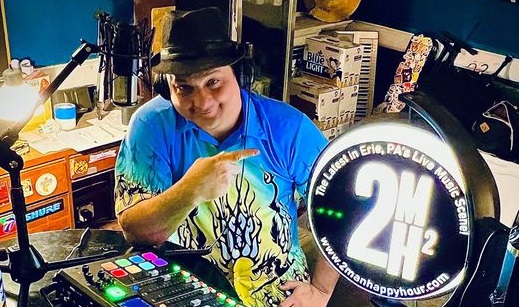We were lucky to catch up with Brian Waller recently and have shared our conversation below.
Brian, so great to be with you and I think a lot of folks are going to benefit from hearing your story and lessons and wisdom. Imposter Syndrome is something that we know how words to describe, but it’s something that has held people back forever and so we’re really interested to hear about your story and how you overcame imposter syndrome.
I haven’t. Even though my clients, and people I know in the audience, have told me time and time again how they like my work and appreciate what I do, I still ask myself “Who am I that so many hold my work in my field so valuable.” I’m confident in what I do, but sometimes feel that I am not as good as people say I am.
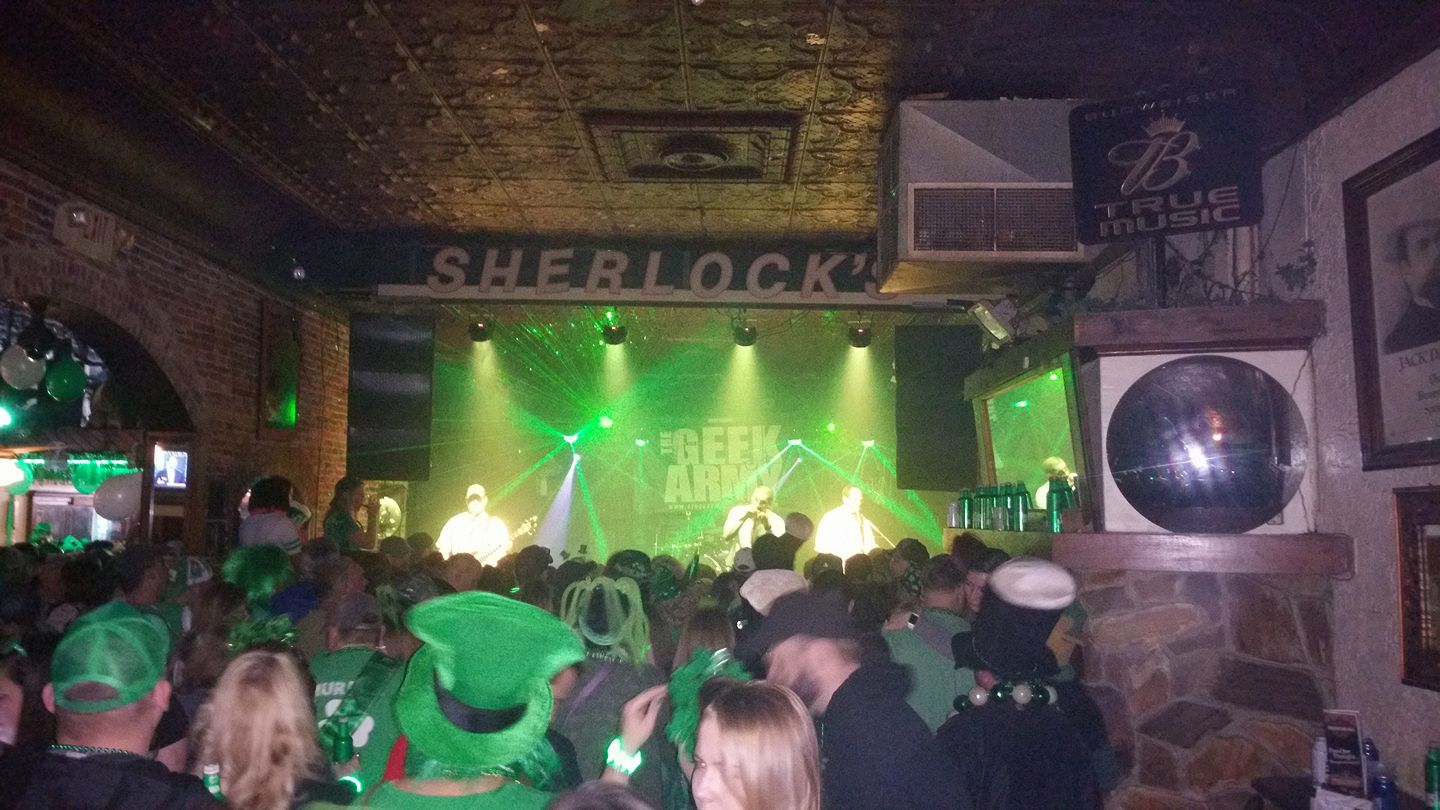
Great, so let’s take a few minutes and cover your story. What should folks know about you and what you do?
I guess it all started in high school. When I was 14, I was in the Drama Club. During rehearsal, we would wait in the chorus room in between scenes. There were several pianos there, and some of my classmates knew how to play some things and I would watch, listen, and learn. This lead to me taking up piano. At this time, I wasn’t into “modern music” much, and learned classical pieces and show tunes. Several years later, I wanted to learn something to impress a girl, “November Rain” by Guns N’ Roses; this opened up a whole can of worms and I decided to learn guitar.
After I graduated high school, I played in several bands that didn’t amount to anything. When I was 25, I joined a project called Modern Luv Child with one of my high school friends, Russ. After recording an EP, I left the project to find something that was a better fit. Russ stayed on until the band fell apart.
Shortly after that, I found a band looking for some new members, and Russ and I joined Spike T. Punch. as singer and bassist, respectively. After a few shows, we hired another bass player and I moved to keys. We also added another vocalist and guitarist. This put us back in rehearsal mode. During this time, my daughter was born, and I had to take a hiatus.
It was during this hiatus that I really started delving into sound engineering. I had been interested in recording techniques since I started playing piano, often recording things using my little stereo, a Radio Shack mixer, and a couple of microphones that I made from a broken set of headphones. I acquired some new gear and started learning it, but you can only do so much without and actual band. When things calmed down at home, I called the band about rejoining and they wanted to move in a different direction, without keys, so I asked about running sound at some of their gigs so I could learn how all this audio stuff works. They agreed and hired me after the first gig I did with them.
That band would later break up, as they do, and Russ and the drummer went on to form a new band, and they hired me to run their shows. At this time, I started upgrading things, and eventually started working with more local bands. I went from doing one or two shows a month to doing shows every weekend.
Since then, I have been able to make this my full time career, and have worked with many different bands, both at small venues and large events. We have worked with many local charities and non-profits to put on events to raise money for our community.
In addition to the live sound, I have started working on a podcast, called The 2 Man Happy Hour, with my friend, Jack Stevenson, where we talk about the Erie, PA music scene, upcoming gigs around town, special events, and we play a few songs on each episode from local artists.
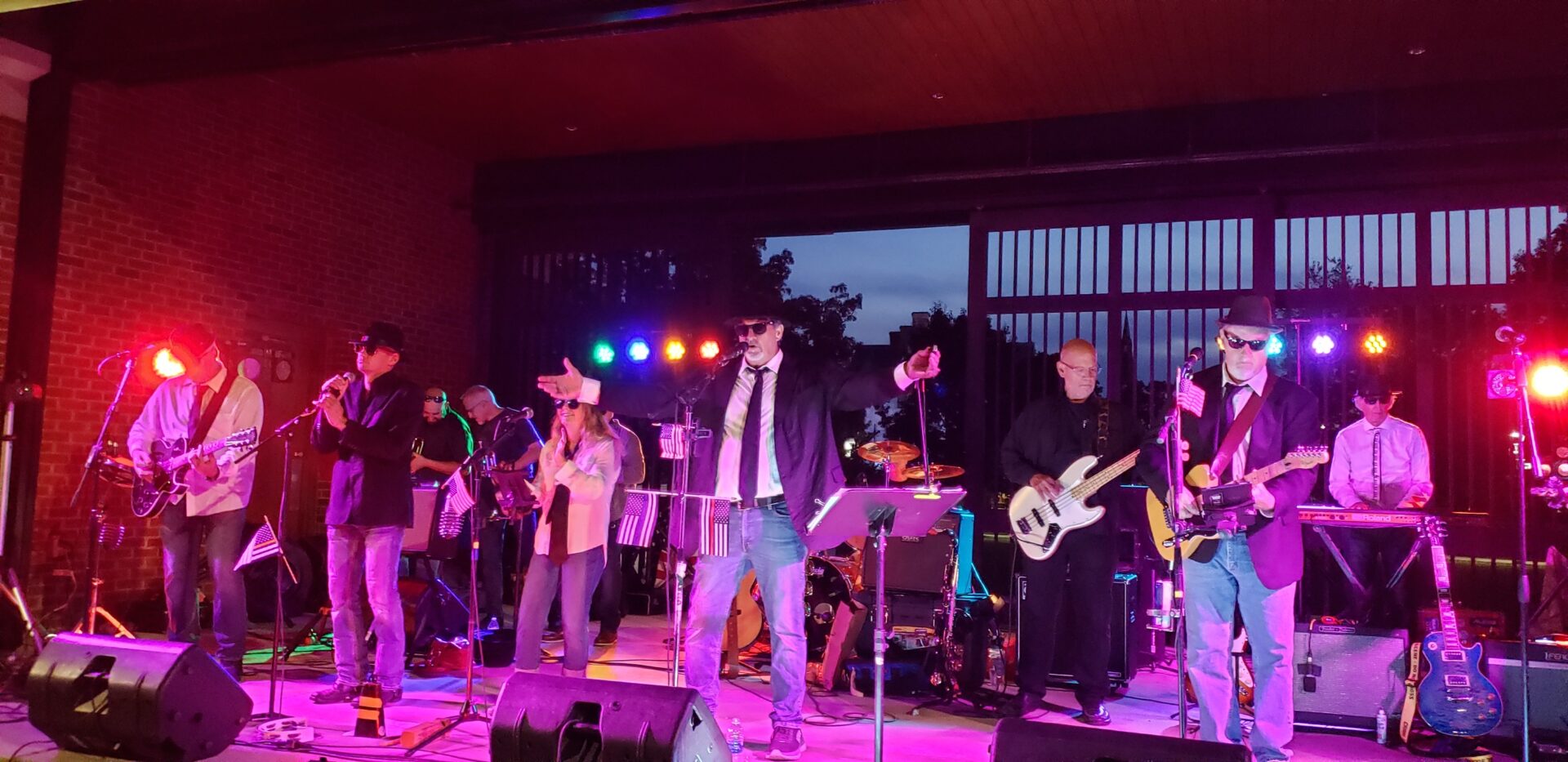
There is so much advice out there about all the different skills and qualities folks need to develop in order to succeed in today’s highly competitive environment and often it can feel overwhelming. So, if we had to break it down to just the three that matter most, which three skills or qualities would you focus on?
One thing that helped me was ambition. I’ve always had a drive to succeed and really wanted to do something in the music industry. As a young musician, of course I thought I was going to be a rock star. And, in a way, I am. I work on the local music scene and I am successful, and a lot of the band fans know who I am and say hi and even buy me drinks sometimes.
The second thing I think is important is attitude. It doesn’t matter what field you are in, there are always other options for your potential customers, so you need to make sure you stand out in your field. I have a strong customer service background from working in the hotel/restaurant/bar industry and was able to carry that over to my production company. When working with a band, I try to accommodate their needs to the best of my ability. I think this friendly and caring attitude is why my clients love working with me.
The last thing I think is important is to be humble. You may be the best in your field, but if you act arrogant about it, no one will want to work with you. And you can’t think you know everything because there is still always something to learn. Being humble and realizing you don’t know everything will open you up to listening and learning from others, whether it is a peer, a client, or even a critic. Listening and learning from others is one of the best ways to become better at what you do.
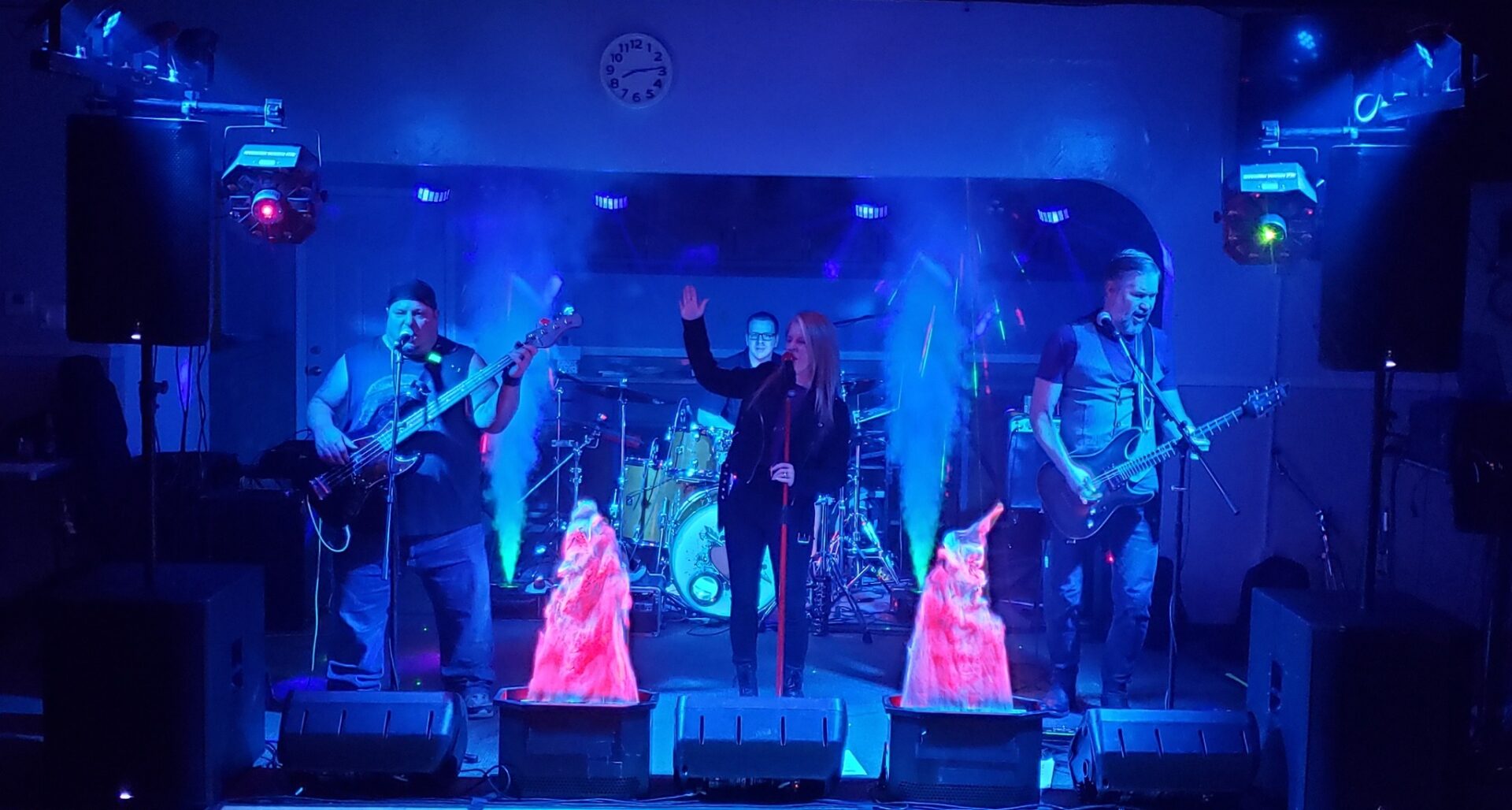
We’ve all got limited resources, time, energy, focus etc – so if you had to choose between going all in on your strengths or working on areas where you aren’t as strong, what would you choose?
I think it is important to find a balance here. Your strengths are usually easier to cultivate and you will be able to hone them quickly. This is a good place to start because you can use them to get the ball rolling and get your project off the ground. But in most cases, you will not be able to stand on your strengths alone, so you need to be willing to identify and work on the weaknesses that might hinder you or slow your progress down.
An example from my journey would be learning about power, or electricity. You need electricity to run everything; in my case mixers, amps, lights, processing gear, etc. I learned early on that not all venues have the proper power for everything I want to use at a show. And some venues don’t have regular power at all, but use a generator or a 50 amp receptacle (think dryer plug) and you need to be able to safely break that out into outlets that you and the band can use to power the equipment. I had to learn how much current can be used safely on each receptacle, what kind of cable can be safely used and the maximum safe length of that cable, and either buy or build things to suit my needs, all of which was a huge eye opener and learning experience.
Contact Info:
- Website: https://www.wildsoundproductions.com
- Facebook: https://www.facebook.com/WildsoundProductions
- Other: 2 Man Happy Hour links:
Webpage: www.2manhappyhour.com
Facebook: www.facebook.com/2manhappyhour
Instagram: www.instagram.com/2manhappyhour/
TikTok: https://www.tiktok.com/@2manhappyhour
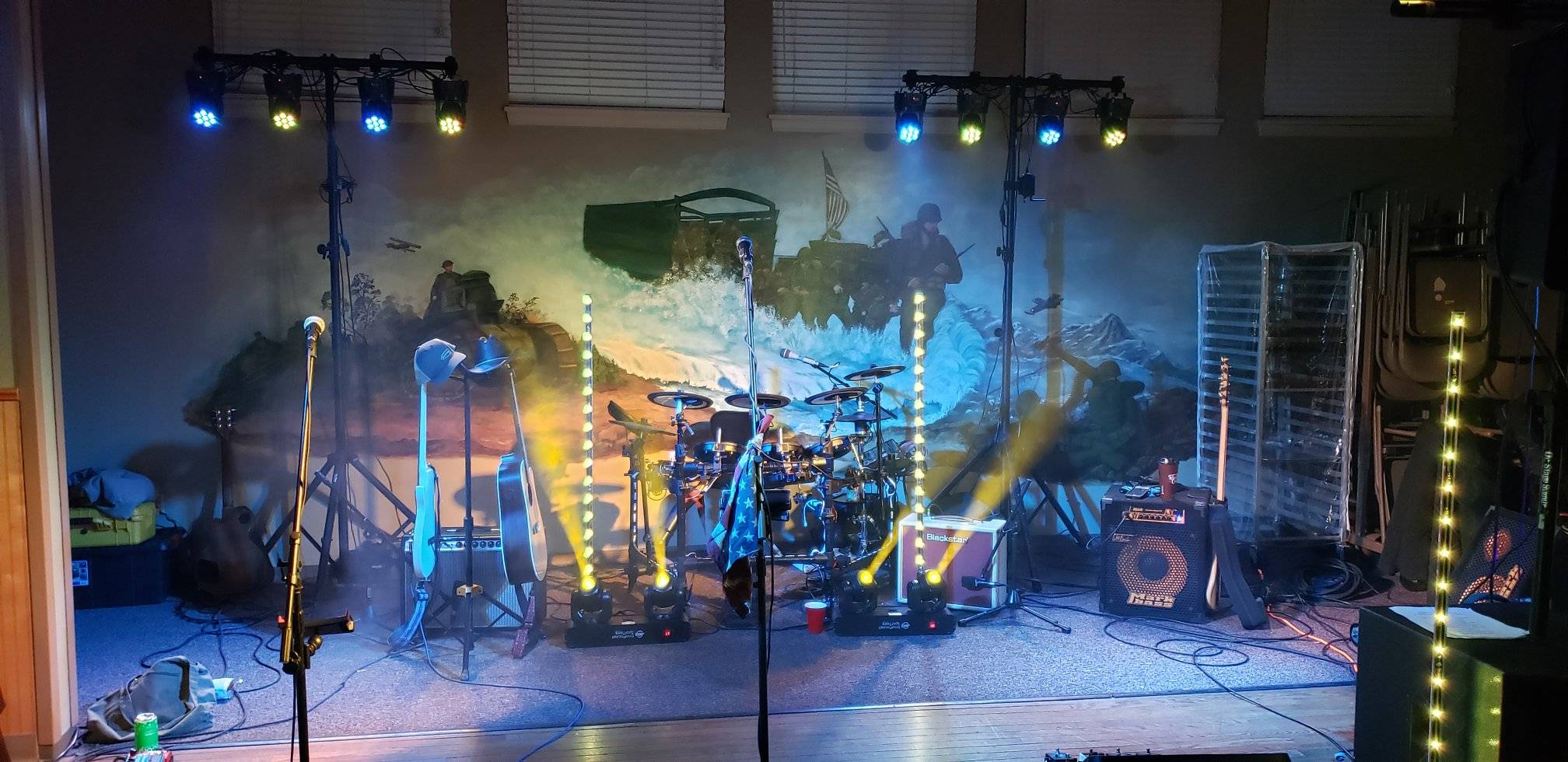
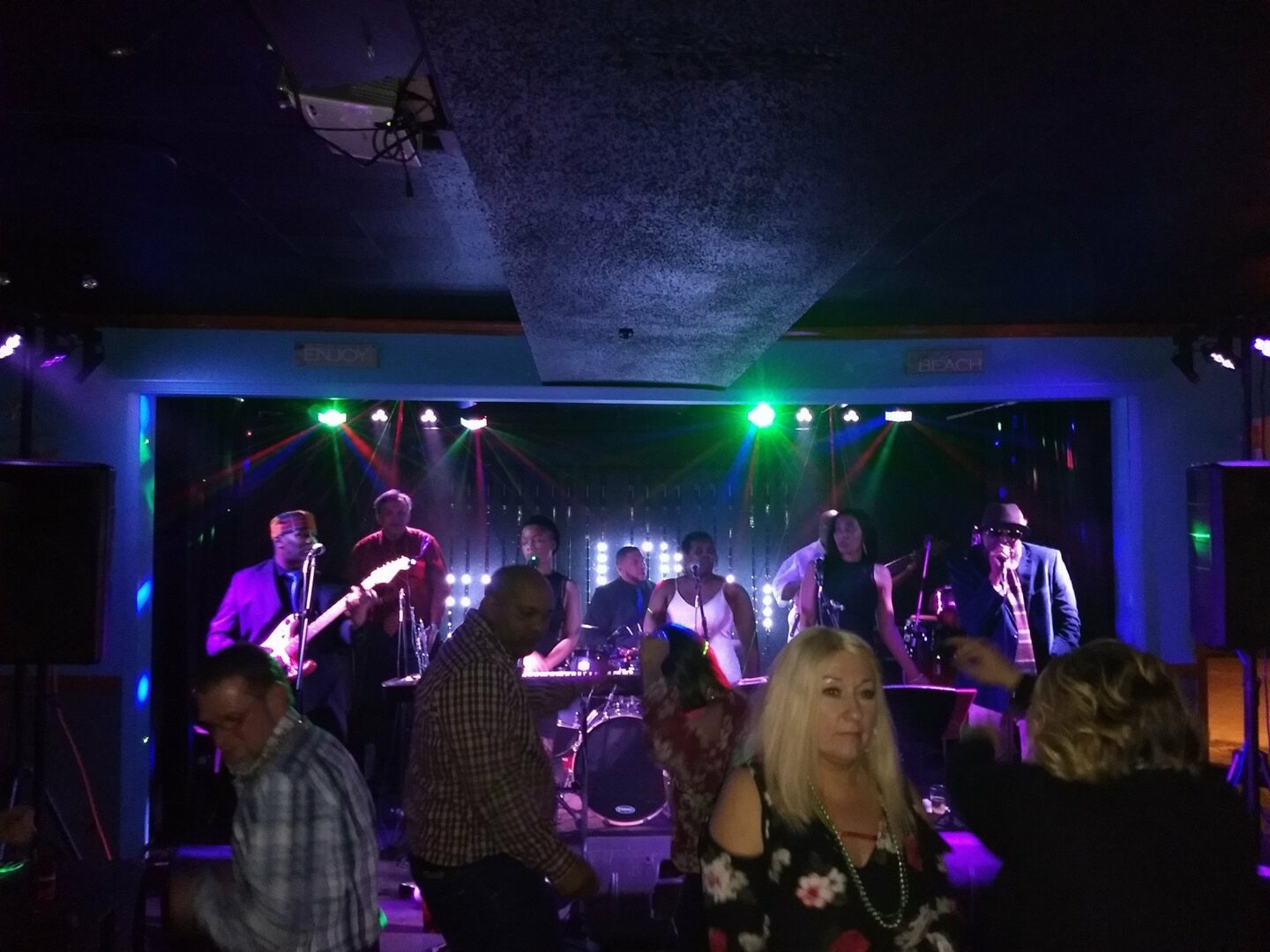

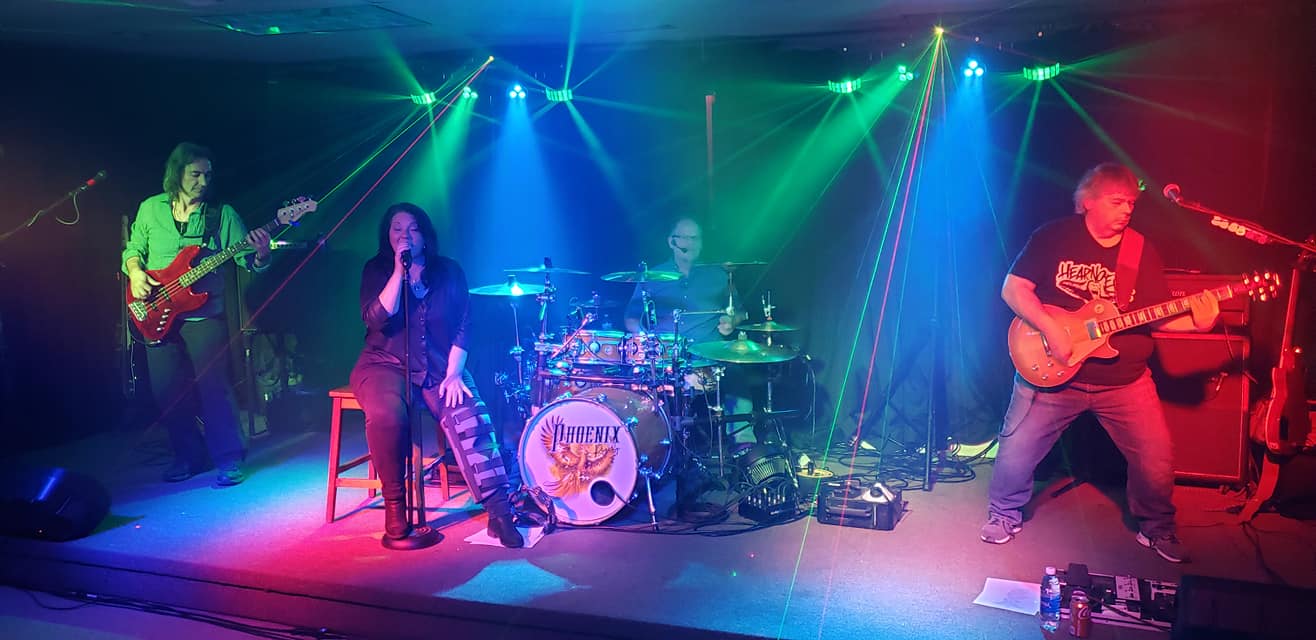
so if you or someone you know deserves recognition please let us know here.

